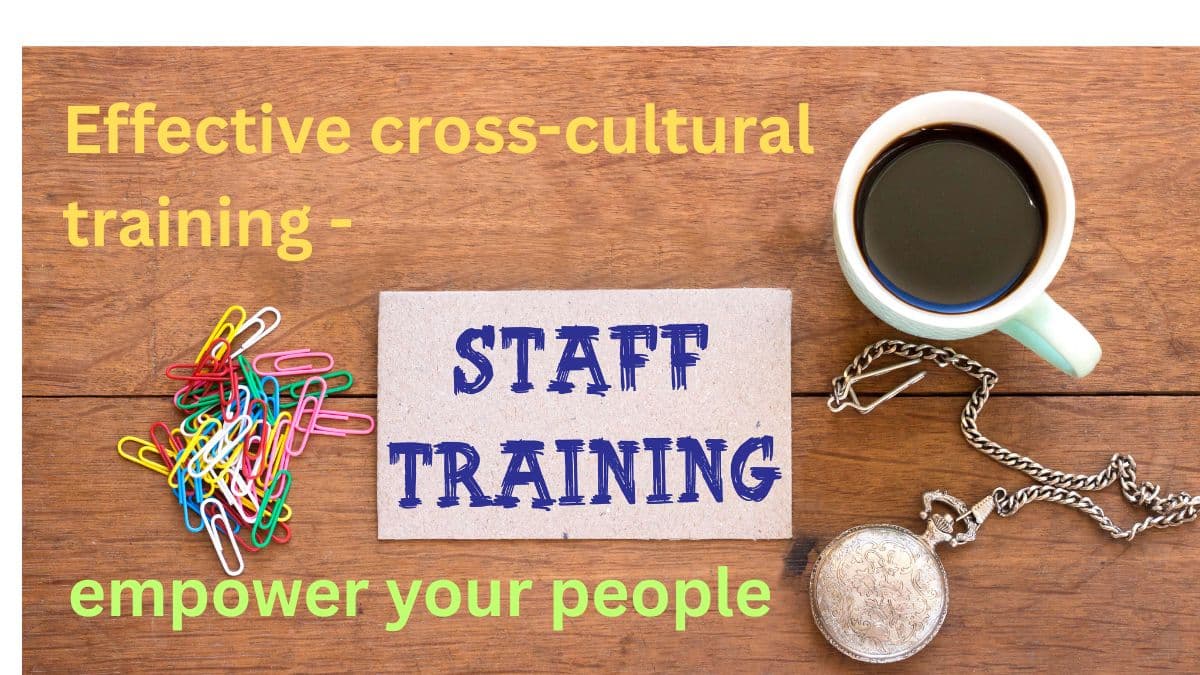This article is about managing exceptions and why excellence in this ability makes us stand out as leaders.

Many years ago, right after graduating from University I got a job with IBM as a trainee and had to learn to make advanced computer programs in "C" - a widely used programming language. As time went by I became quite good and one day I found myself programming an important part of a national payment card transaction system. Transactions were handled in real time. It was a huge system, but it worked nicely for many many years.
Recently I have been thinking back to those days and realized that one of the main reasons why the IT system became robust was because we spent an immense amount of time managing exceptions. In this case, an exception is everything that is diverging from the normal - a breakdown on a remote terminal, wrong format of a transaction, rejection of a transaction etc. I think we created more C-code for managing exceptions than we did for the actual system. If we hadn't focused so intensively on finding ways to manage all sorts of possible exceptions we would have had a lot more interruptions (downtime) and consequently lower customer satisfaction.
Today after having helped hundreds of leaders and organisations gain cultural intelligence I think I can see a pattern. And I want to share it with you and get your comments and thoughts.
The computer program was successful predominantly because we were extremely good at managing exceptions of all sorts. When I look back at all the managers I and my colleagues in Gugin have coached I can see a resemblance. The successful managers and leaders of multicultural teams are to a large extent successful because they have a phenomenal ability to handle exceptions.
A company might have rules for handling almost everything, but we human beings are not bits and bytes so the manager must have the skills, empathy and courage to constantly break the rules and make exceptions. Otherwise, the system would collapse. But of course, it will need to learn managing exceptions as well as it does anything else.
There might be rules for who can get a company car, but sometimes it might make sense to give a company car to a single-mom secretary if that makes her life so much easier then she can remain a great asset to the company.
There might be rules for how many weeks of vacation an employee can have per year but circumstances in his life may require an exception to these rules.
Managing exceptions is something we do all the time but sadly a lot of managers are so keen on following the rules that they miss the opportunity to realise how great it feels to break them. Try to turn it around for a moment.
An example of managing exceptions
Imagine you are late for your flight. You know you have to check in 30 minutes before departure. You arrive at the check-in counter 28 minutes before departure exhausted after having rushed through the airport. Now two things can happen:
- You will be told that you are late and that you have to purchase a new ticket. That is according to the rules but you still get upset because you can easily get on the plane without delaying anything.
- You will be told that you are late, but they will try to check you in any way. You feel happy because an exception was made for you. Your satisfaction with the airline has increased and you will tell everybody how great service you got. You might even click "like" on their Facebook page.
The example above illustrates how important the exceptions are. But if we make exceptions all the time and disregard the rules we will end up with anarchy. So balancing between obeying and breaking the rules is like balancing between rigidity and anarchy - a try dilemma for the manager.
It is, however, my opinion that far too few managers dare to break the rules and focus on managing exceptions. Only by breaking the rules we acknowledge the validity of the rules. So be courageous and start breaking rules.
You can read more about managing exceptions here

I just say things as they are…
I just say things as they are – is a phrase we often hear. It reveals that the person saying it has very low cultural and emotional intelligence

Cross-Cultural Team Development in the Southern French Alps
Team development in the southern French Alps is a great way to develop your cultural competence is in your team together with the Gugin experts

Why EU Defence Collaboration Depends on Cultural Intelligence
Emotional and cultural intelligence are key to successful EU defence collaboration, enabling trust, cohesion, and innovation across borders.

Learn how to create an inclusive workplace culture
This Gugin video teaches you how you can create an inclusive workplace culture so you get motivated, satisfied and innovative employees in your organisation

Take the test – How culturally intelligent are you really?
How culturally intelligent are you? Take this simple test and get and idea. It is one of many small tests Gugin uses in its leadership training
Cross-Cultural Training – crucial for your company’s success
Cross-cultural training boosts your success by enhancing communication, reducing conflict, and building culturally agile teams. Here is why Gugin leads the way.

Effective cross-cultural training – empower your people
Unlock your organisation’s potential with cross-cultural training that builds understanding, boosts collaboration, and drives inclusive, high-performing teams.
